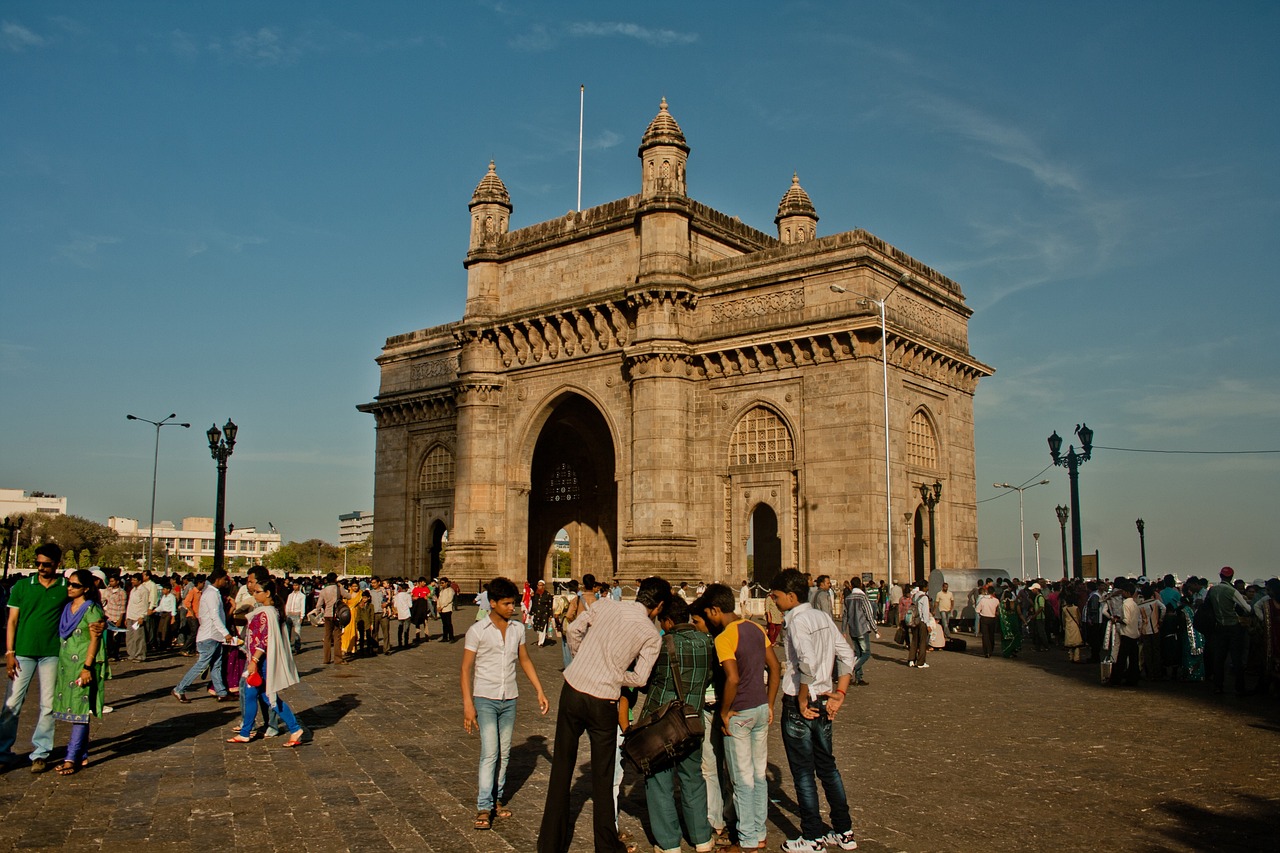Strategies for Engaging Marginalized Communities in Politics
11xplay online, indian 24bet, skyinplay login:In today’s political landscape, it is crucial to ensure that all voices are heard and represented, especially those of marginalized communities. These communities include people of color, LGBTQ+ individuals, immigrants, low-income individuals, and more. Engaging these marginalized communities in politics is essential for creating a more inclusive and equitable society. However, this can be a challenging task, as these communities often face barriers to political participation. In this blog post, we will explore strategies for engaging marginalized communities in politics and ensuring that their voices are heard.
Understanding the Barriers
Before diving into strategies for engaging marginalized communities in politics, it is essential to understand the barriers that these communities face. Some common barriers include:
1. Lack of representation: Marginalized communities often do not see themselves represented in politics, which can lead to feelings of disenfranchisement and disconnection from the political process.
2. Socioeconomic challenges: Low-income individuals may struggle to find the time and resources to participate in politics, such as attending town hall meetings or volunteering for political campaigns.
3. Language barriers: Immigrants and non-native English speakers may face challenges in understanding political information and communicating their needs and concerns effectively.
4. Discrimination and bias: Marginalized communities may face discrimination and bias when trying to engage in politics, which can discourage them from participating.
Strategies for Engaging Marginalized Communities
Despite these barriers, there are several strategies that can help engage marginalized communities in politics and ensure that their voices are heard:
1. Build trust and relationships: Building trust with marginalized communities is essential for engaging them in politics. This can be done through outreach efforts, community events, and partnering with local community organizations.
2. Provide education and resources: Many marginalized communities may not fully understand the political process or how they can get involved. Providing education and resources, such as voter registration information and guides on how to contact elected officials, can help empower these communities to engage in politics.
3. Create inclusive spaces: It is important to create inclusive spaces where marginalized communities feel welcome and heard. This can include holding meetings in accessible locations, providing interpretation services for non-English speakers, and ensuring that diverse perspectives are represented.
4. Amplify marginalized voices: Amplifying the voices of marginalized communities is crucial for ensuring that their concerns and needs are addressed. This can be done through media campaigns, community forums, and advocating for policy changes that benefit these communities.
5. Address systemic barriers: It is important to address systemic barriers that prevent marginalized communities from engaging in politics. This can include advocating for voting rights, fighting against voter suppression tactics, and supporting policies that promote equity and inclusion.
6. Empower community leaders: Empowering community leaders from marginalized communities can help mobilize and engage these communities in politics. This can be done through leadership training, mentorship programs, and providing resources and support for community organizing efforts.
7. Collaborate with diverse stakeholders: Collaborating with diverse stakeholders, including community organizations, advocacy groups, and elected officials, can help create a more inclusive and comprehensive approach to engaging marginalized communities in politics.
These strategies are just a starting point for engaging marginalized communities in politics. It is essential to listen to the needs and concerns of these communities, build authentic relationships, and continuously adapt and improve engagement efforts.
FAQs
Q: How can I get involved in engaging marginalized communities in politics?
A: There are many ways to get involved, such as volunteering for community organizations, supporting diverse candidates, and advocating for policies that benefit marginalized communities.
Q: What are some examples of successful engagement efforts with marginalized communities?
A: Successful engagement efforts include voter registration drives, community forums, and grassroots organizing campaigns led by members of marginalized communities.
Q: How can I ensure that my engagement efforts are inclusive and effective?
A: To ensure that your engagement efforts are inclusive and effective, it is essential to listen to the needs of marginalized communities, build authentic relationships, and collaborate with diverse stakeholders.
In conclusion, engaging marginalized communities in politics is crucial for creating a more equitable and inclusive society. By understanding the barriers these communities face and implementing strategies to overcome them, we can ensure that all voices are heard and represented in the political process. Let’s work together to empower marginalized communities and create positive change for all.







